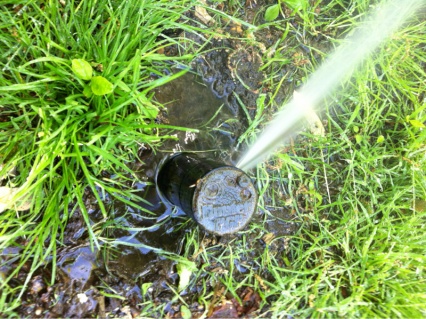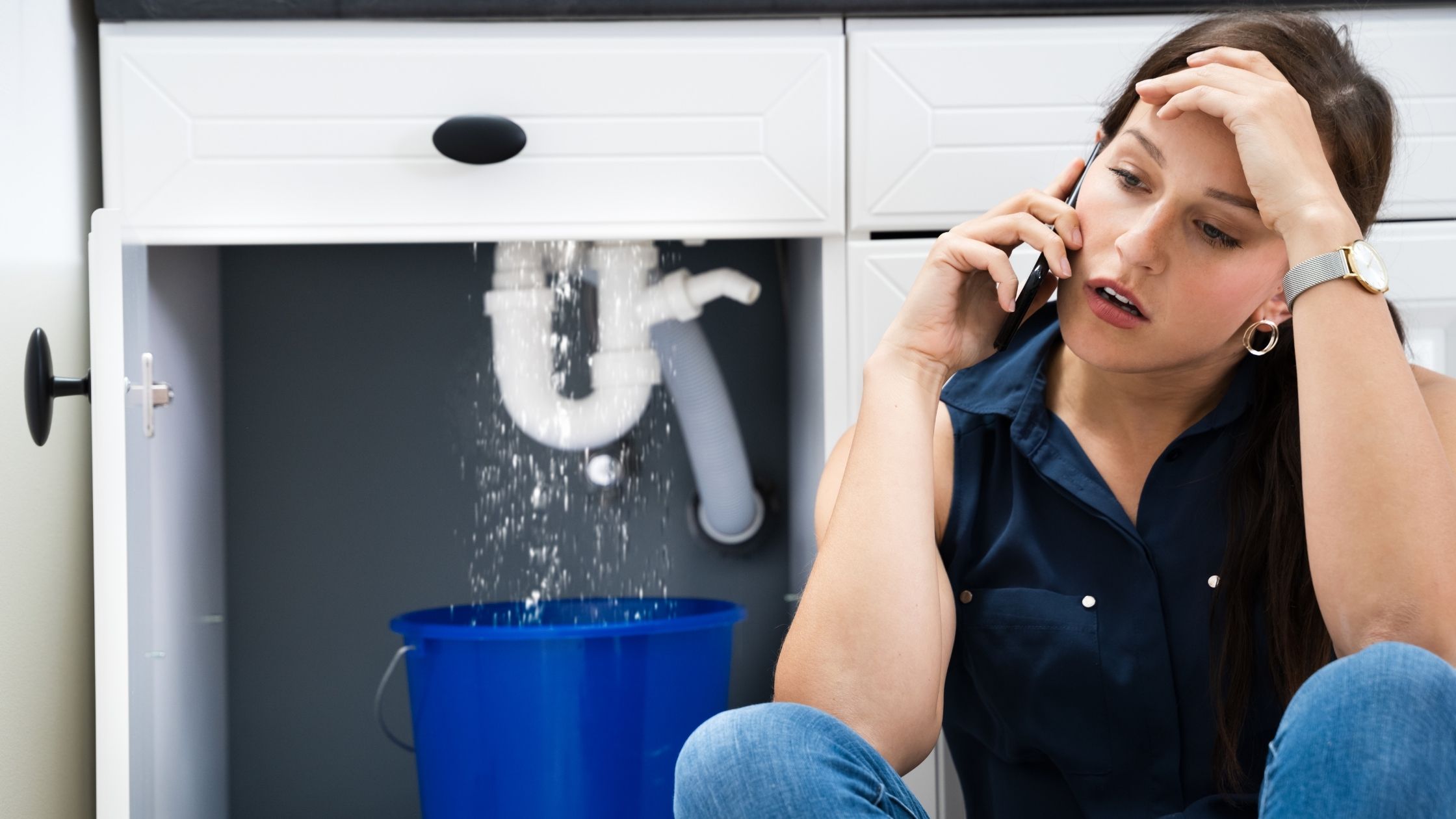The 5 Reiterative Water Leak Factors
The 5 Reiterative Water Leak Factors
Blog Article
We've stumbled on this post involving Common Causes of Water Leaks in the Home down the page on the web and think it made good sense to write about it with you here.

"Be careful of little expenses. A tiny leakage will certainly sink a fantastic ship." - Benjamin Franklin.
He could not have been extra ideal because water leakages in our houses result in a waste of resources, boosting our water expenses. This rise could seem negligible at first, it can lead to considerable expenses that can damage your financial institution. Aside from a boost in bills, water leaks also create undesirable organic development, architectural damages, and also even electrical threats.
If you have a water leakage isn't constantly easy due to being unable to see many of the pipework in your residence, figuring out. However, If you have had a boost in your water bills recently, saw water spots on ceilings and wall surfaces, scented poor odor, etc. You may intend to take into consideration asking for plumbing services to get it looked into.
There are a number of sources of water leakages, and we have actually put together the common factors listed below. Check to see if you have actually had related issues in your house recently.
Deteriorated pipe joints
Pipeline joints are the components of our plumbing system where the pipes attach. It is necessary to keep in mind that even though pipes are made to endure pressure and also last for a while, they weren't made to last forever; for that reason, they would certainly wear away over time. A typical sign of damaged pipeline joints is excessive noise from taps.
High water pressure
You noticed your residence water stress is higher than usual but after that, why should you care? It's out of your control.
It would certainly be best if you cared because your typical water stress must be 60 Psi (per square inch) and also although your house's plumbing system is created to withstand 80 Psi. A boost in water stress can place a strain on your residence pipelines and result in cracks, or worse, burst pipes. If you ever observe that your residence water pressure is higher than typical, connect with a specialist regarding managing it.
Deterioration
As your pipework gets older, it obtains weaker as well as extra vulnerable to corrosion after the regular passage of water through them, which can gnaw at pipelines as well as cause cracks. A noticeable sign of rust in your home plumbing system is staining and also although this might be hard to discover as a result of many pipes hidden away. We recommend doing a regular checkup every couple of years and also alter pipes once they are old to guarantee a sound plumbing system
Blocked drains pipes
Food fragments, dirt, and grease can cause clogged up drains and also obstruct the flow of water in and out of your sink. If undealt with, boosted pressure within the seamless gutters can trigger an overflow and also end up cracking or bursting pipelines. To stay clear of blocked drains pipes in your house, we suggest you to stay clear of pouring particles away as well as regular cleansing of sinks.
Damaged seals
An additional cause of water leakages in residences is broken seals of house appliances that make use of water, e.g., a dishwashing machine. When such appliances are installed, seals are installed around water ports for simple flow of water with the machine. Hence, a busted seal can create leak of water when in operation.
With little or no understanding of plumbing, understanding your home's plumbing system sufficient to fix some of these issues (without consequence) can be a hassle. Get in touch with plumbing specialists in Pittsburgh, Divine Superintendence, Rochester, as well as environ today, and they'll make those problems disappear.
He could not have actually been a lot more best because water leaks in our houses result in a waste of resources, increasing our water bills. If you have had a rise in your water costs recently, discovered water stains on walls and also ceilings, scented lousy odor, etc. An increase in water pressure can place a stress on your home pipes and lead to cracks, or even worse, ruptured pipes. An additional cause of water leakages in houses is broken seals of residence appliances that use water, e.g., a dishwasher. When such appliances are set up, seals are set up around water adapters for easy flow of water through the machine.
5 TIPS IN DETECTING A WATER LEAK IN YOUR HOUSE
Water leaks can be hard to find in your home, yet they can be so common. We rely on water every day in our home, which is why a leak can cause big problems. By detecting them early, you can save money and further damage, getting the problem fixed as soon as possible. Here are 5 tips to help you detect a water leak in your home, so you can contact a plumber straight away and get the issue sorted.
Check your water meter
Many people underestimate the value of the water meter in their home. It can be one of the best ways to tell if you have a leak early on, so you can get on top of it before issues start arising. Start by turning off all the water in your home: taps, washing machine, dishwasher, etc. Now take a look at the meter – if it’s still changing with everything turned off, it’s likely you have a fast-flowing leak that you need to get on top of straight away. If nothing changes, then leave your meter for an hour or two and come back to it. Did it change in this time? It’s likely you have a slower leak, which isn’t as urgent but still handy to get fixed so it doesn’t become a bigger problem.
Keep an eye on your bill
Another good way to detect a leak in your home is by keeping an eye on your water bill. It helps if you have a past bill from the same period of time. You can compare like for like and determine whether your water usage has increased significantly. If it has, there may be a leak in your system that you haven’t picked up before. A professional plumber can check through all of your pipes and determine where it is coming from.
Look for damage
If you have a leak inside your home, you will notice damage over time. Take a look at your showers and bathtubs and note whether any of the tiles surrounding the area seem to be discoloured or damaged in any way. There may be water stains, mould or peeling material that has resulted from a build up of moisture over time. Make sure you take a look under sinks at the back of cupboards that don’t get accessed regularly. This is where damage can go unnoticed and build up over periods of time.

Do you really like reading about How to Find and Prevent Water Leaks in Your Home? Place feedback below. We will be pleased to find out your feelings about this piece. In hopes to see you back again in the future. Those who appreciated our blog post kindly make sure you remember to share it. I value reading our article about Where to Find Water Leaks.
Book Appointment Report this page